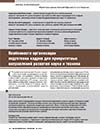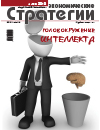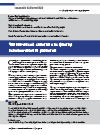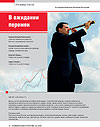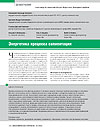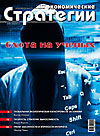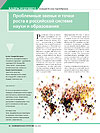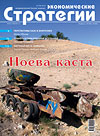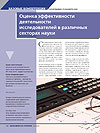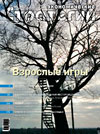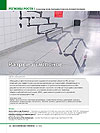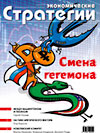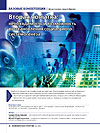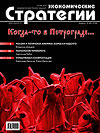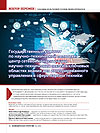Peculiarities of Organizing the Staff Training for Priority Areas of Science and Technology Development
DOI: 10.33917/es-8.166.2019.146-150
The present paper aims at forming approaches to providing effectiveness of human resources development in research and development sphere. The author raises the problem of studying new opportunities in organizing personnel training, identified by the “Science” national project. The article examines methodological aspects of ensuring the compliance of the workers’ professional competencies with technologies level of the new order, as well as conformity of characteristics of their interpersonal interaction with the systemic requirements for adaptability of production management in the context of technological development acceleration



